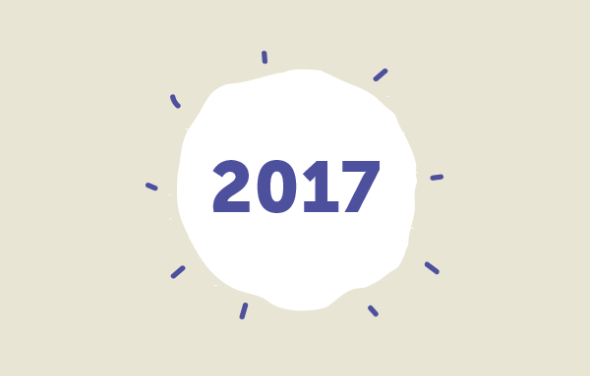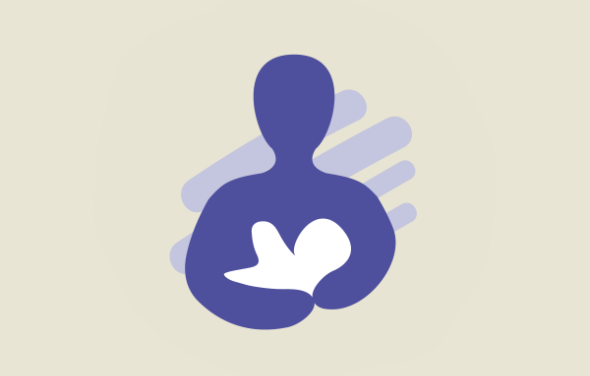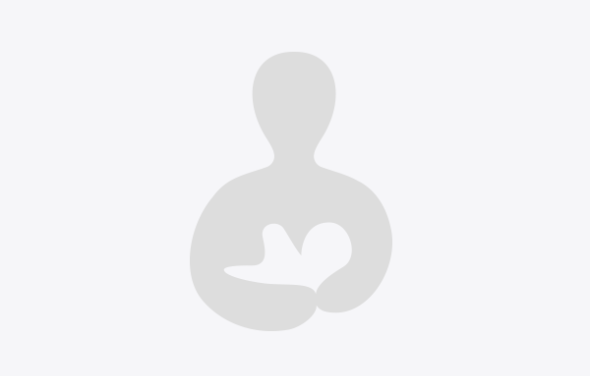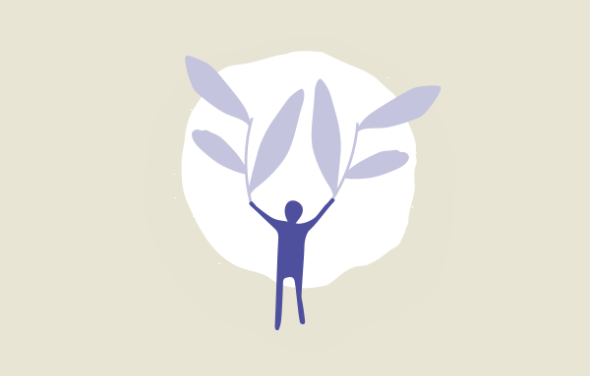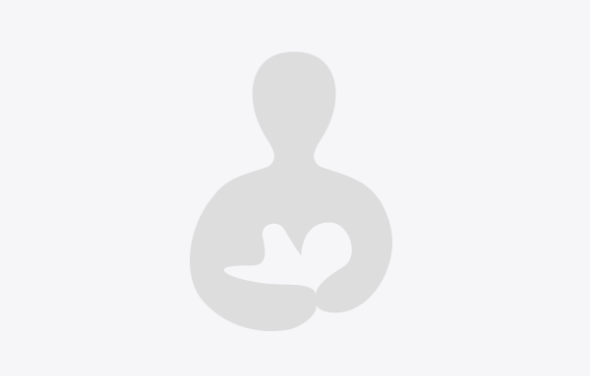Debbie used her award to help fund her PhD research into how midwives communicate with fathers. She was also the winner of the Ann Stewart Award for commitment to midwifery practice.
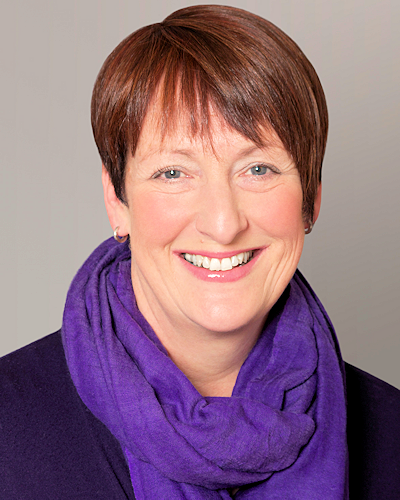
At the end of March 2017 I opened an email with the wonderful news that my application for an Iolanthe Midwifery Award had been successful. Further good news came a few minutes later - a second email telling me that I was the lucky recipient of the discretionary Ann Stewart Award.
The financial support conferred by these awards has made a real difference to me in this 5th year of my PhD studies. On a practical level, I’ve been able to buy such essential items as a digital voice recorder (for data collection via interviews) and some computer software to help me transcribe my fieldnotes. I am planning to spend my Ann Stewart Award on a desk-top as I’m currently tapping away on a lap-top which leaves me with back and neck-ache!
However, just as important as the financial support, is the real morale-boost the Iolanthe’s generosity has given me. This comes from having my work scrutinised and then endorsed by a panel of experts – the Iolanthe Trustees. Undertaking a PhD, especially part-time whilst working clinically, and at a distance (I work in Manchester and am studying at The University of Leeds), can be a lonely journey at times and it’s hard to describe how important and affirming it was to receive the Iolanthe Awards.
In 2013 when I registered for my PhD, I was fulfilling a long-held ambition.
Throughout my career as a midwife, I have had a secret wish to do this – to be able to delve deeply into one aspect of childbirth and in doing so, to make a real difference to the experiences of both parents and midwives – and to enhance my own practice.
I took a part-time role as a community midwife in 2012, and started the process of registering for a PhD. I left my previous consultant midwife role in order to free up the time and energy I knew this would involve!
Through my work as an NCT antenatal teacher, which I started in 1982 and continue to this day, I have developed a real fascination in the experiences of fathers during labour and birth. The presence of fathers is a very new development in the history of childbearing practices. Sixty years ago, very few dads attended the births of their babies; nowadays, it’s the norm - there’s even pressure on fathers to be there. There’s currently some research about their expectations, the roles they play and their range of experiences, but virtually none about how the relationships between midwives and fathers in labour can impact on these experiences. Current evidence highlights the potential of midwives to involve fathers in ways that are appropriate for each couple. I hope that my research will help us to understand ways we can do this.
I have chosen an ethnographic approach for my study, because I want to explore how relationships between fathers and midwives play out ‘in the real world’ and in a range of birth environments – birth centre, delivery suite and home. I am starting to recruit parents to my study (October 2017) and will be collecting data via observations during labour, enriched by interviews with the mothers, fathers and midwives after the birth. I plan to develop some practical resources to support midwives in working with both parents during labour.
On a personal level, the journey of studying for this PhD enhances my practice as a midwife on a daily basis. It has opened my eyes to the reality of how fathers experience labour and birth.
I am profoundly grateful to the Iolanthe for its support; when my PhD thesis is published I look forward to sharing my findings via publications, conference presentations and social media. I also have a secret ambition to be interviewed on Woman's Hour!

